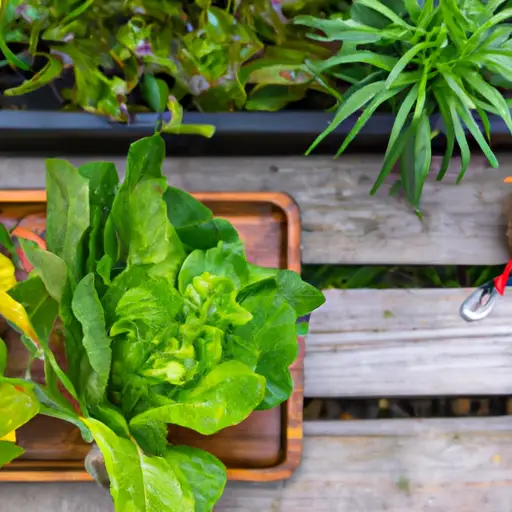4. Water conservation: Collect rainwater in barrels or use a drip irrigation system to reduce water waste. Water plants at their base rather than overhead to minimize evaporation and fungal diseases.
5. Crop rotation: Rotate plant varieties each season to prevent nutrient depletion and pest buildup in the soil. This practice also helps maintain soil health and boosts plant growth.
6. Seed saving: Encourage seed saving to preserve heirloom varieties and reduce dependence on commercially-produced seeds. Saving seeds from healthy plants allows you to cultivate resilient varieties adapted to your specific growing conditions.
Conclusion:
Organic container gardening offers numerous benefits to both individuals and the environment by promoting sustainable practices and reducing ecological footprints. By embracing organic living through container gardening, we contribute towards a greener future while enjoying the therapeutic benefits of nurturing plants in our own homes or balconies. So, let’s grab our containers, get our hands dirty, and cultivate a more sustainable world through organic container gardening.













